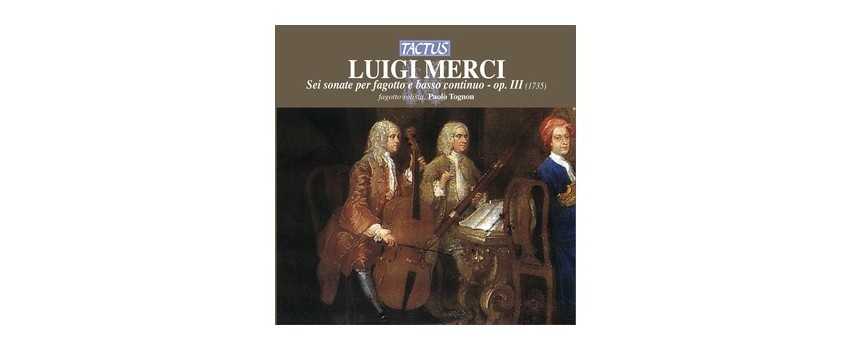Merci, Sonata In A Minor For Cello (Schott)
Merci, Sonata in A minor for Cello (Schott)...
Luigi Merci (c. 1695–c. 1750) may not be a household name, but his contributions to music are no less significant. As an English Baroque composer, Merci left a lasting legacy that continues to inspire and captivate audiences today. Despite his achievements, much of Merci's life and work remain in mystery, making him an enigma in the classical music community.
The Life and Times of Luigi Merci
Luigi Merci was born in Italy in 1695, and little is known about his early years. He began his musical education as a choirboy, and during this time, he developed his love for music. Merci traveled to England as a young man to pursue his musical career. Merci was determined to succeed Despite many challenges, including language barriers and cultural differences.
Merci's perseverance paid off, and he quickly became a talented composer. He was appointed as a composer to the court of King James II and Queen Mary and served as the music master to the Duke of Gloucester. Merci composed music for various occasions throughout his career, including royal weddings and state funerals.
Despite his success, Merci's personal life was marked by tragedy. His wife and three children died young, and he suffered from poor health. Nevertheless, Merci continued to compose music until he died in 1750, leaving behind a rich and varied musical legacy.
Luigi Merci's Musical Style and Influences
Luigi Merci was a prolific composer who wrote music in various styles. His early works were influenced by the Italian Baroque style, emphasizing melody and ornamentation. As Merci spent more time in England, he began incorporating elements of the English Baroque style into his music. This style was characterized by a more restrained approach to ornamentation and a greater emphasis on harmony and counterpoint.
One of Merci's most significant influences was the composer Henry Purcell, one of the most important English Baroque composers of the time. Merci studied Purcell's works closely and incorporated many techniques into his compositions. This influence can be seen in Merci's use of chromaticism and dissonance, as well as his use of ground bass patterns.
Despite these influences, Merci's music has a distinctive style that is all his own. His music is characterized by its elegance and refinement, as well as its emotional depth and expressiveness. Merci was a master of orchestration, and his works are characterized by their rich textures and bold harmonies.
Merci's Most Famous Compositions
Luigi Merci composed many pieces of music during his lifetime, including operas, cantatas, and instrumental works. One of his most famous works is his opera "Pyrrhus and Demetrius," which was first performed in 1695. The opera is notable for its dramatic intensity and use of recitative, a relatively new technique at the time.
Another of Merci's famous works is his "Sonata in D Major for Trumpet and Strings." This work is notable for its virtuosic trumpet writing, which was groundbreaking. The sonata is characterized by its lively rhythms and use of counterpoint, and it remains a popular work in the trumpet repertoire.
Merci also composed several choral works, including his "Te Deum in D Major." This work is notable for its grandeur and use of choral and instrumental forces. The "Te Deum" was composed for the coronation of King George I in 1714, and it remains one of Merci's most celebrated works.
The Importance of Merci's Legacy in English Baroque Music
Luigi Merci's contributions to the music world were significant in his own time and the centuries that followed. His music played an important role in developing English Baroque music, and his influence can still be heard in the works of later composers such as Handel and Bach.
Merci was also significant in his role as a teacher and mentor. He trained many young musicians who became successful composers in their own right, and his influence can also be seen in their works.
Despite his many accomplishments, Luigi Merci remains a mystery in music. Much of his life and work are still shrouded in mystery, and many of his works remain unpublished and unperformed. However, for those willing to take the journey, uncovering the story of Luigi Merci is a fascinating and rewarding experience.
Conclusion
Luigi Merci was a composer whose contributions to the music world were significant and far-reaching. His music played an important role in developing English Baroque music, and his influence can still be heard today. Despite facing many challenges throughout his life, Merci remained dedicated to his craft, and his legacy continues to inspire and captivate audiences.

Merci, Sonata in A minor for Cello (Schott)...